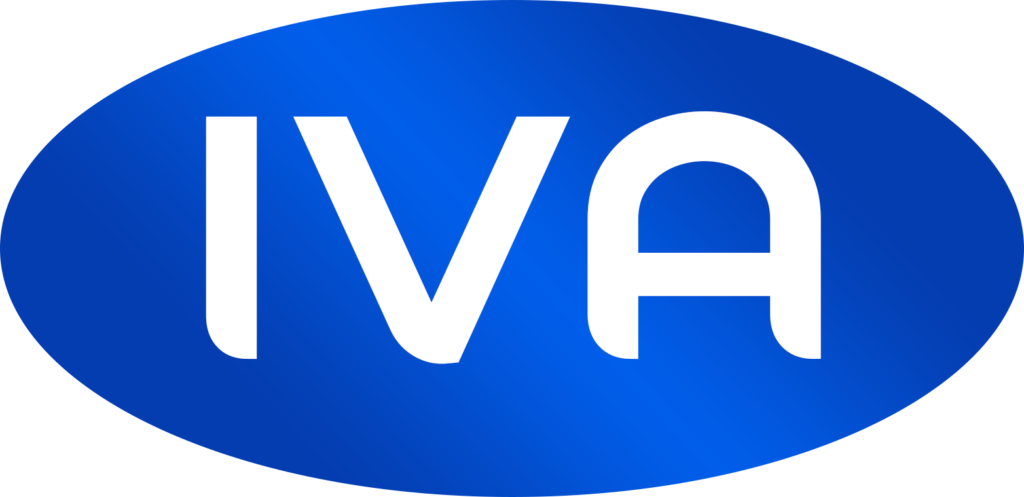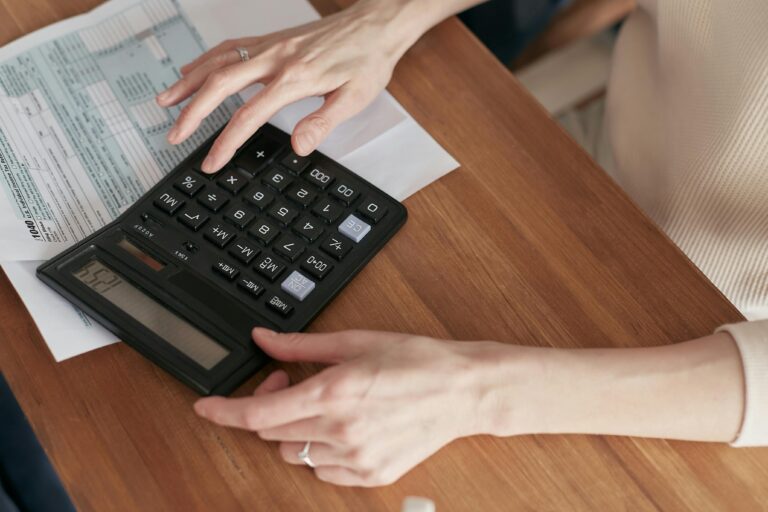The Most Common IVA Mistakes (And How to Avoid Them)
An Individual Voluntary Arrangement (IVA) is a powerful tool to help UK citizens manage
debt and work toward financial freedom. However, successfully completing an IVA requires
careful management and an understanding of the common pitfalls that can derail your
progress.
We’ve seen how avoidable mistakes can lead to unnecessary stress and even IVA failure. This
blog post highlights the most common IVA mistakes and how you can avoid them to ensure a
smooth journey toward becoming debt-free.
- Failing to Provide Accurate Financial Information
When setting up an IVA, your insolvency practitioner (IP) relies on the financial information
you provide to create a repayment plan. If this information is incomplete or inaccurate, it can
lead to problems down the line.
How to Avoid It:
Be thorough and honest when listing your income, expenses, and debts.
Gather supporting documents like bank statements, payslips, and bills to back up your
claims.
Inform your IP about any irregular income, such as bonuses or overtime. - Overlooking Priority Expenses
Some people fail to prioritise essential expenses, such as rent, mortgage, utilities, and council
tax, while managing their IVA. Ignoring these commitments can lead to arrears, additional
stress, and even legal issues.
How to Avoid It:
Include all priority expenses in your budget before calculating your IVA
contributions.
Regularly review your finances to ensure these costs are covered. - Missing Payments
Missing IVA payments is one of the most serious mistakes you can make. It can lead to the
failure of your IVA, leaving you vulnerable to creditor actions.
How to Avoid It:
Set up a direct debit or standing order to ensure timely payments.
Create a budget that leaves room for unexpected expenses.
If you’re unable to make a payment due to unforeseen circumstances, contact your IP
immediately to discuss your options.
- Taking on New Debt
Borrowing money during an IVA is usually prohibited and can breach the terms of your
agreement. This mistake can worsen your financial situation and jeopardise your IVA.
How to Avoid It:
Avoid using credit cards, payday loans, or borrowing from friends and family.
Stick to the budget agreed upon in your IVA plan.
Speak to your IP if you’re facing unexpected expenses, as they may be able to adjust
your payments temporarily. - Not Communicating with Your Insolvency Practitioner
Your IP is there to support you throughout the IVA process. However, some people fail to
communicate changes in their financial situation, such as a change in income, increased
expenses, or receiving a windfall.
How to Avoid It:
Keep your IP informed about any changes to your financial circumstances as soon as
they happen.
Be proactive in asking for advice or clarification if you’re unsure about any aspect of
your IVA. - Ignoring the IVA Terms
Every IVA has specific terms and conditions that must be adhered to. Ignoring these
terms—whether intentionally or unintentionally—can lead to breaches and even the
termination of your agreement.
How to Avoid It:
Read your IVA agreement carefully and ensure you understand your obligations.
Ask your IP to explain anything you’re unsure about.
Follow all restrictions, including limits on borrowing and requirements for reporting
financial changes. - Failing to Account for Irregular Expenses
Unplanned expenses, such as car repairs or medical bills, can disrupt your budget and make it
difficult to meet IVA payments.
How to Avoid It:
Build a small emergency fund to cover irregular expenses.
Budget for occasional costs, like Christmas gifts or school uniforms, to avoid
financial surprises. - Neglecting to Monitor Your Progress
Many people set up their IVA and then fail to monitor their financial progress. This can lead
to missed opportunities to adjust their budget or improve their financial habits.
How to Avoid It:
Regularly review your income, expenses, and IVA payments to ensure you’re on
track.
Keep a record of any correspondence with your IP and creditors.
Use your IVA as an opportunity to develop better financial management skills. - Assuming All Debts Are Included
Not all debts can be included in an IVA, and some individuals mistakenly believe they are
completely free of all financial obligations after entering into an IVA.
How to Avoid It:
Confirm with your IP which debts are included in your IVA. Typically, unsecured
debts like credit cards and personal loans are covered, but secured debts, student
loans, and court fines are not.
Continue paying any excluded debts separately. - Expecting Instant Financial Freedom
An IVA is a long-term commitment, usually lasting five to six years. Some people become
discouraged when they don’t see immediate results, leading to impatience or poor decision-
making.
How to Avoid It:
Stay focused on the long-term goal of becoming debt-free.
Celebrate small milestones, such as completing a year of payments.
Remember that completing your IVA will provide a fresh financial start.
How We Can Help You Avoid IVA Mistakes
At our firm, we specialise in guiding UK citizens through the IVA process and helping them
avoid common mistakes. Here’s how we can support you:
Personalised Guidance: We’ll ensure you fully understand your IVA agreement and
obligations.
Ongoing Support: Our team will provide advice and assistance throughout your IVA,
helping you navigate any challenges.
Proactive Solutions: We’ll work with you to adjust your repayment plan if your
circumstances change.Welcome to WordPress. This is your first post. Edit or delete it, then start writing!


Hi, this is a comment.
To get started with moderating, editing, and deleting comments, please visit the Comments screen in the dashboard.
Commenter avatars come from Gravatar.